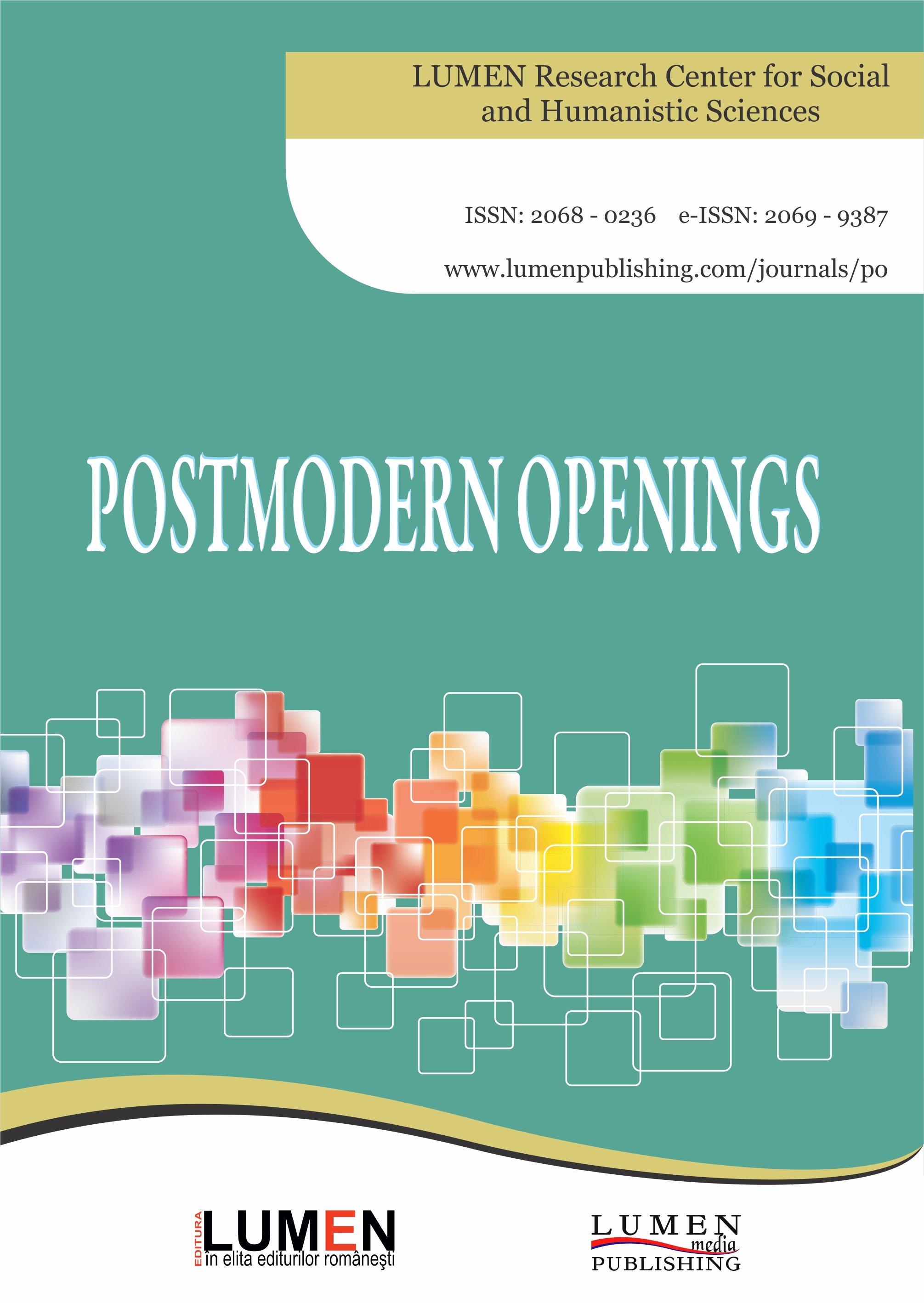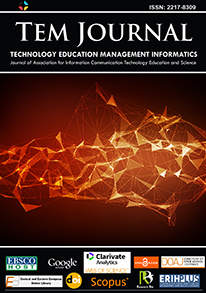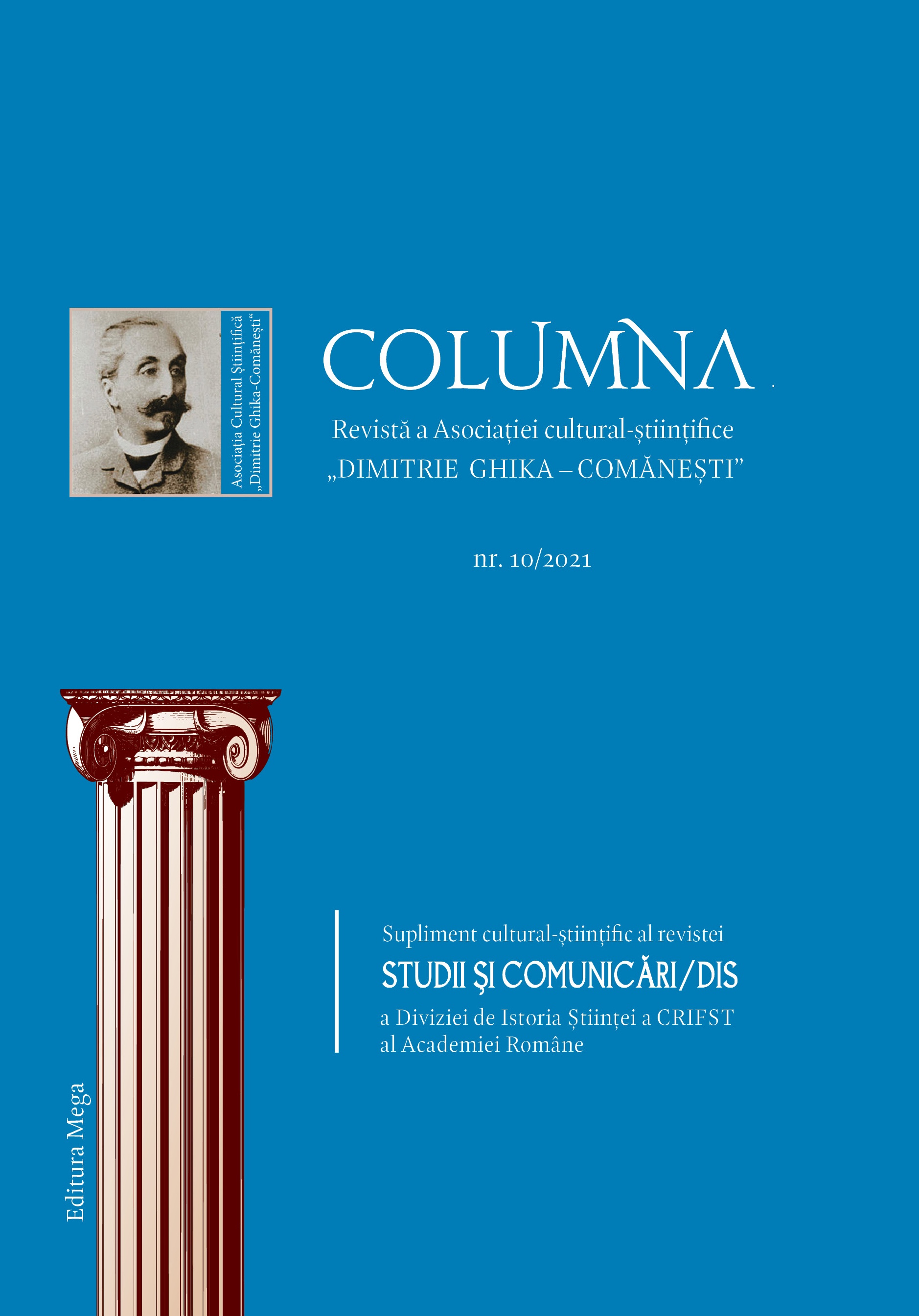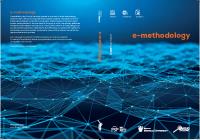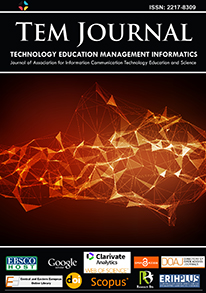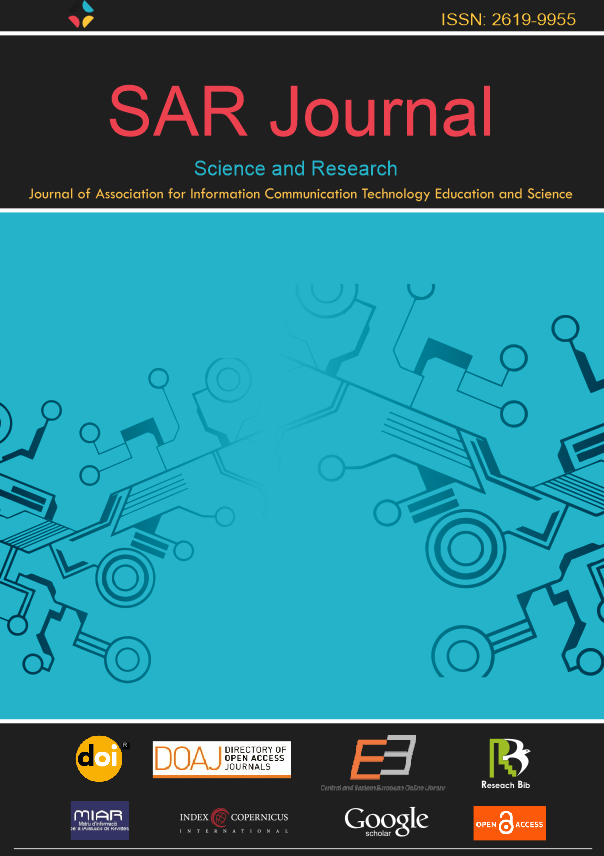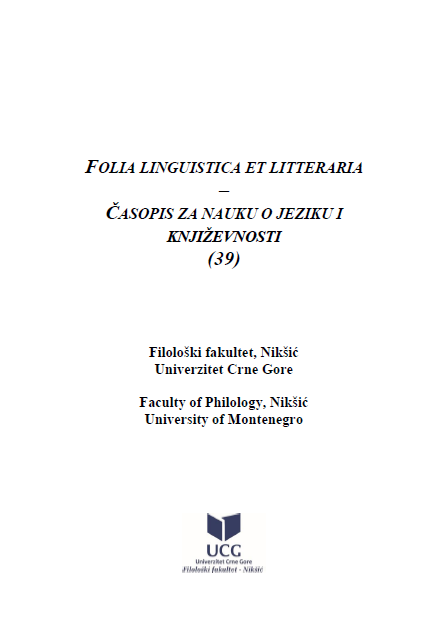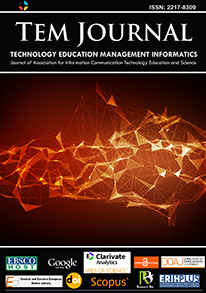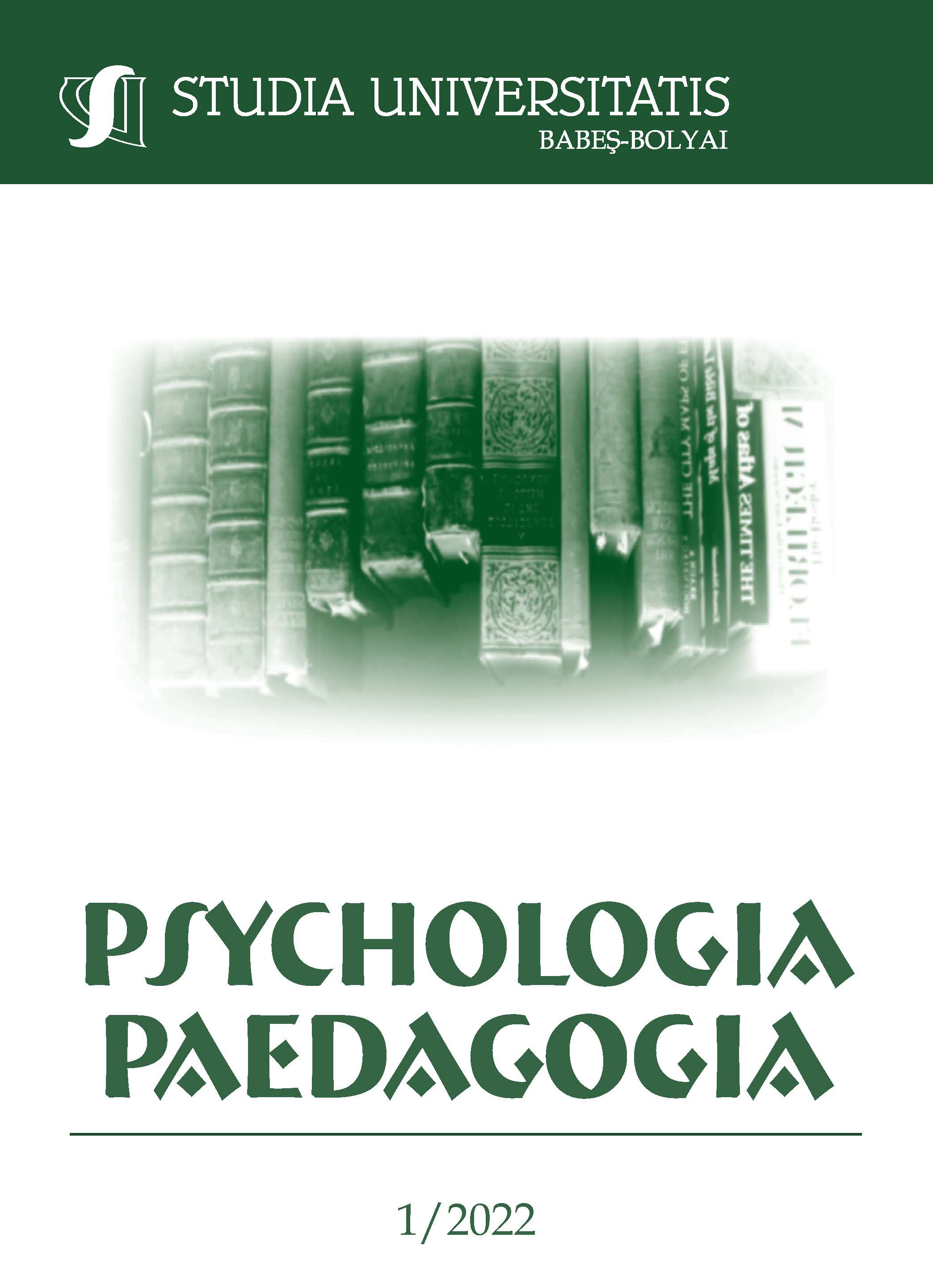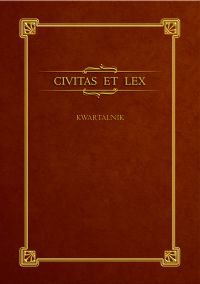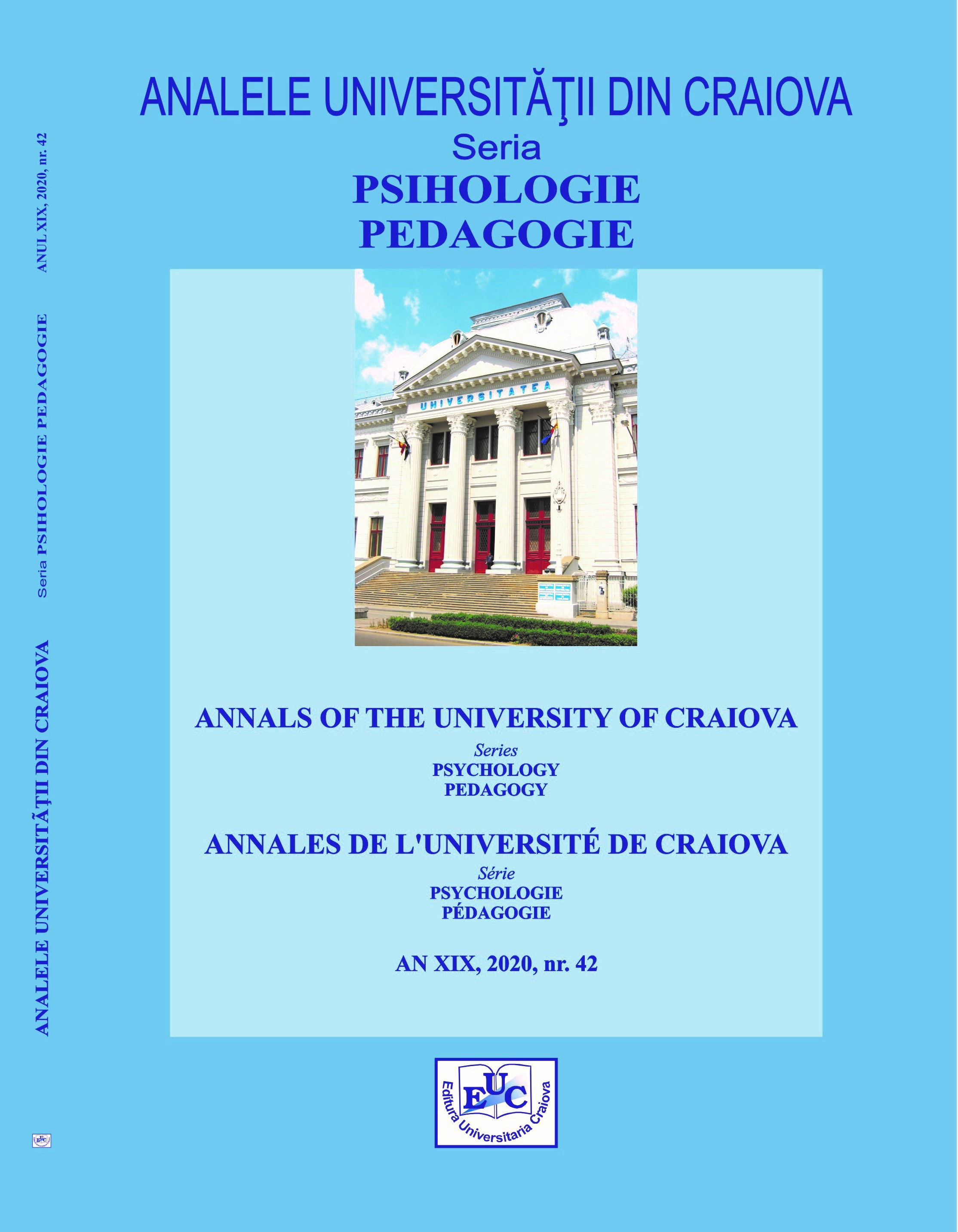
VERS UNE NOUVELLE MÉTAMORPHOSE DES PRATIQUES SCRIPTURALES A L'ÈREDU E-LEARNING. CAS DES DISPOSITIFS DE L’UNIVERSITE MOHAMMED PREMIER D’OUJDA
At a time when e-learning is part of the Moroccan education system, scriptural practices are transformed in that they allow various activities to be carried out either on computers or on mobile devices connected to the Internet. In this context, the rate of consumption of written information from several online sources is widespread among Moroccan university learners. Students are increasingly autonomous and create their own content using new modalities, devices and ways of learning.This article is focused on the observation and analysis of digital writing practices (hypertext, multimedia, collaborative) in distance education. Our study proposes to elucidate the question of our research which is based on the effects that digital tools in distance education can have on the writing practices of students.This will be briefly approached from a question: is it really a theoretical anchoring which is adapted around the presentation of the main conceptual insights, namely the three key concepts: writing, e-learning and collaborative writing? The second aspect of the analysis is intended to be analytical and we respectively address the empirical observations that we have detected within the mediated systems.
More...
